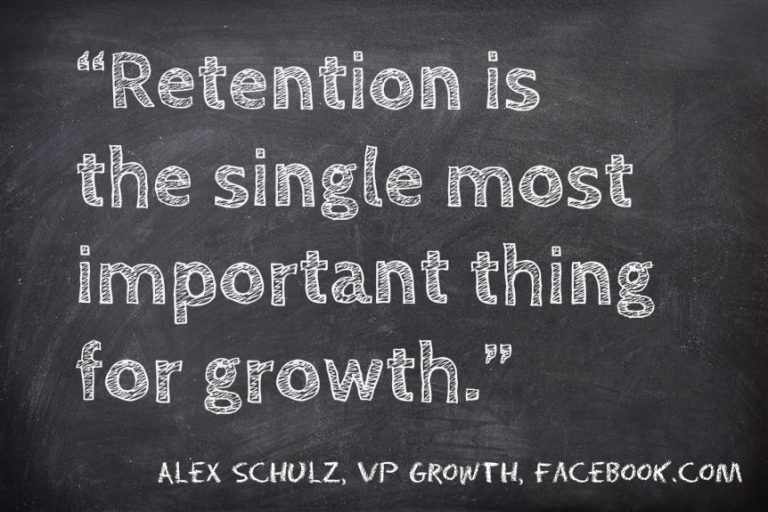Understanding TRAI regulations for sending business SMS in India.
A lot of questions are floating around SMS regulations in India with a lot of vaguish answers. It’s time these questions get addressed and we take it on us.
An independent authority of the telecommunications sector in India, TRAI is a regulation of broadcasting and cable TV services, also a recommendatory body for licensing in telecom and broadcasting. The Telecom Regulatory Authority of India also regulates bulk SMS and keeps updating senders from time to time on the rules for:
- Transactional SMS
- Promotional SMS
- DND Scrubbing
- Sending Time
- Termination Charges
- Sender Name
- Penalty and more
If you’re sending any of these texts to your customers, you need to read ahead…
In India, there are 2 types of outbound SMS that a business can send –
TRANSACTIONAL SMS – For important updates and alerts.
With Transactional SMS one can send informative, generic, critical data or information. All SMS content needs to be transactional and should not contain any promotional content on this route.
“IM-DSTORE The refund of your order XYZ has been processed and will reflect in your account within 24 hours. Thank you for choosing us!”
Some characteristics of Transactional SMS:
| Delivery Time | 24×7 |
| DND Number | Can be sent |
| Sender ID | Unique 6 alpha characters that represent your brand |
| SMS Gateway Route | 4 |
PROMOTIONAL SMS – Send marketing messages to opt-in users.
Used to send promotional information on goods and services, with promotional messages one can promote brands, update information and provide offer details.
“DM-123456 The spring sale is on! Buy 1 get 1 valid only for till midnight.”
Some characteristics of Promotional SMS:
| Delivery Time | 9 AM -9 PM |
| DND Number | Cannot be sent |
| Sender ID | Pre-approved 6 digits |
| SMS Gateway Route | 1 |
So, what is a SENDER ID?
For Transactional SMS, the sender ID is in the format XY-ZZZZZZ having nine alphanumeric characters. You can choose the last six alphabetic characters that represent your brand name.
- First alpha character being code of Access provider
- The second alpha character being the code of service area
- The third alphanumeric character will be a dash (-)
- The last six alpha characters will be the identifier of the company or organization sending transactional SMS
For sending the Promotional messages, a company can use an alphanumeric identifier in the format XY-RZZZZZ, wherein:
- X stands for code allotted to Access provider
- Y stands for the service area
- R is any digit from 0 to 7
- ZZZZZ indicates 5 digit unique identification code allotted to the company by the Access Provider
TRAI REGULATIONS & RESTRICTIONS
Text messaging in India comes with a few regulations and restrictions. No matter whichever industry you are into you must comply with the guidelines before sending bulk SMS.
The primary rule to remember is that you can only send marketing messages to recipients who have opted-in to receive these messages.
Let’s understand these rules in detail:
- Sending Promotional messages from Transactional routes
Now, this is something that marketers know isn’t right but most of them still do – send marketing content from the transactional route.
All SMS content sent from the transactional route needs to be transactional and should not contain any promotional content. Doing so is an unethical practice, violates the TRAI regulations and can result in a heavy penalty.
- Opt-in and Opt-out
Ask your users for their permission for sending any updates and information regarding your services. Mention clearly in the message that if they want to opt out, they can, by texting your keyword followed by STOP to your shared short code or long number.
- Opt-in Promotion
If the mobile numbers you send SMS to are your registered users and if you have an opt-in clause accepted by them then you may send them occasional promotional messages even if the user is on DND through transactional route.
Also, the validity of an opt-in is 180 days from the date subscriber sends in the opt-in START message. To stay opted-in, the subscriber will need to renew their preferences once every 6 months.
- Commercial Communication
This is the type of message, voice or SMS transmitted for the purpose of informing, soliciting or promoting any commercial transaction in relation to products, investment or services.
- Unsolicited Commercial Communication (UCC)
Any commercial communication which a subscriber opts not to receive except:
- Transactional message
- A message transmitted on the directions of government or authorized agencies authorized
- Fully Blocked
Subscribers who have registered with the national DND registry to not receive any marketing SMS belong to the fully blocked category.
- Partially Blocked
Registered with the NDNC registry to not receive marketing SMS, except from any one or more of the below categories belong to a partially blocked category.
Mobile subscribers can register with NDNC opting in to receive Promotional messages in one or more of the following categories:
- Finance
- Real Estate
- Education
- Health
- Consumer goods and automobiles
- Communication
- Tourism and Leisure
- National Do Not Call (NDNC)
Over 23 crore mobile numbers are enlisted with the NCPR (National Customer Preference Register) earlier NDNC, to curb unsolicited commercial communication.
Telecom subscribers who do not wish to receive any promotional messages or calls can register to DND and the registration will be effective within 7 days of placing the request with the service provider.
If you are trying to send messages on any of these enlisted numbers,
First of all, it will be blocked
Secondly, you are violating the TRAI rule
But not all SMS will be blocked
The Do Not Call List can only stop sales messages. You may continue to receive:
- Political SMS
- Charitable SMS
- Debt collection SMS
- Informational SMS
- Survey SMS
- Personal SMS
Also, you may still get promotional texts from companies with whom you’ve recently done business; likewise, if you’ve given written permission to a company to text you.
Customers can file a complaint against unwanted texts
Despite being on the NDNC list, if you still receive marketing SMS it is considered illegal and TRAI encourages to file a complaint against companies following illegal practices.
In case of a DND complaint, the marketer would be required to produce the opt-in details for a user. Failing to do so can attract a penalty from INR 25,000 to INR 2,75,000.
Read: The Maharashtra State Commission awarded Ganga a lumpsum compensation of Rs 3 lakh.
There are some rumours circulating about the registry, but they are as we said, only rumours.
- The government is not releasing cell phone numbers to telemarketers
- There isn’t a deadline for registering a cell phone number on the DNC List
- There is only one DNC List, and it’s operated by the TRAI
- The DNC List accepts registrations from both cell phones and landlines
Click here to know more about how NDNC works in India



